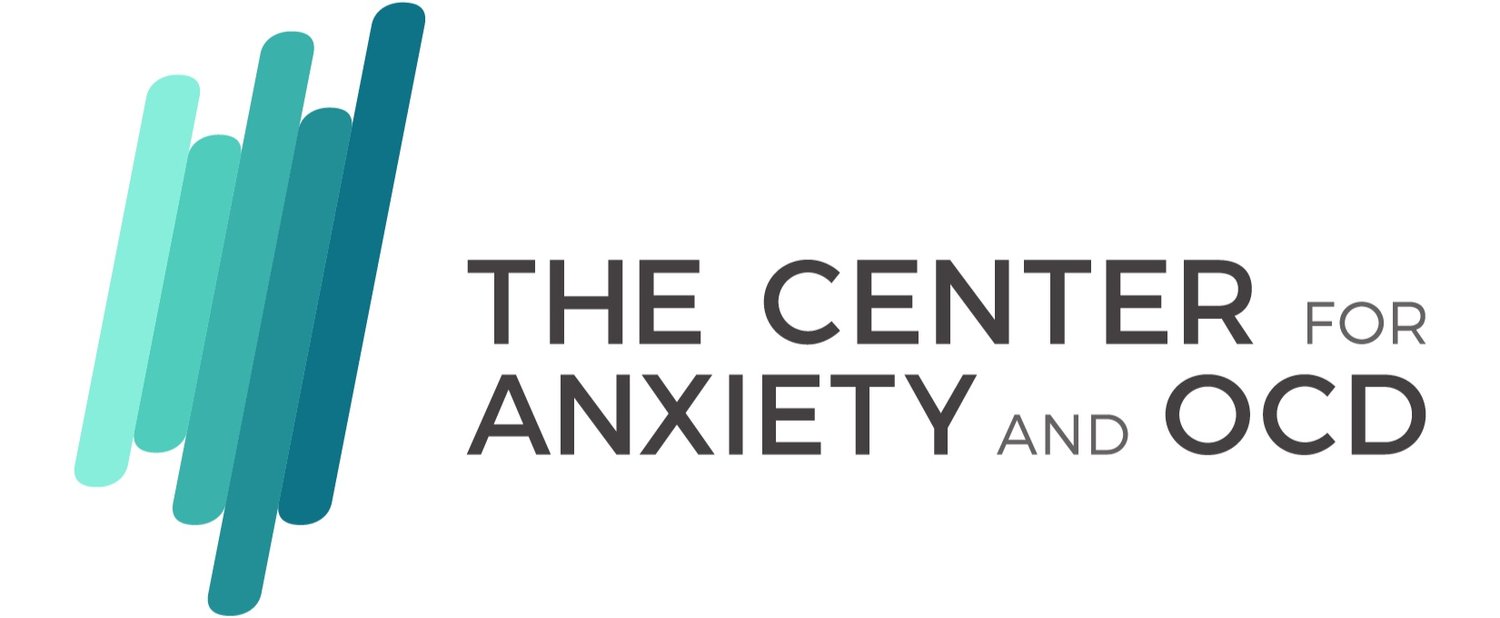Is OCD Group Therapy Right For Me?
“Is it going to make me worse?”
Being a group leader here at CAOCD, I get so many questions surrounding the group therapy experience. I may be biased, but I believe group therapy is one of the single best interventions you can do for OCD (and this research supports it too!).
That's why I wanted to take some time in this newsletter to soothe fears and dispel myths many clients have around group therapy for OCD.
"Is it going to make me worse?"
Many clients fear that listening to the obsessions of others will lead them to adopt those obsessions as their own. As a person with OCD who is also a therapist that treats OCD, I can tell you without a doubt that this is untrue!
Of course, sometimes group will trigger you, as life triggers us daily. But more often than not, it is validating and normalizing to hear someone else have an experience similar to yours, rather than it being anxiety-producing. If it is anxiety producing, what better time to manage those feelings in the moment, with support?
"Are there going to be others who have thoughts like mine?"
Many clients enter group with the concern of being the "worst" or "most severe" member. They are nervous that discussing their taboo theme or scary thought will lead to them feeling even more isolated.
We discuss often in group that there is no hierarchy to pain and you cannot rank suffering. Each person believes that their thoughts are the most insufferable, because OCD is designed to make us feel that way.
The truth is, you may or may not hear your exact thoughts or themes mirrored back to you in group. You will, however, be in a room full of people who intimately understand the experience of feeling shame because of the content of their thoughts, and are willing to come alongside you as you navigate those feelings.
"If I share, will it stay between us?"
For many group members, the group experience is the first time they've spoken with anyone other than a therapist about their OCD.
There is so much shame that can come along with an OCD diagnoses, and for this reason confidentiality within the group is of utmost importance.
While there is inherently more risk sharing to a group of people than to one person, all group members still have a right to privacy and confidentiality that I have seen respected time and time again.
"Is it even going to help?"
The body of research on the effectiveness of group therapy for OCD (shown here, here and here) shows us that it is an evidence-based and effective treatment for OCD both on its own and as a supplement to individual treatment.
Beyond the research, I can attest that I have seen more growth in my clients through joining group therapy than through any other intervention.
In the words of the legendary therapist and group leader Irvin Yalom,
"There is no human deed or thought that lies fully outside the experience of other people, and the act of fully revealing oneself to another and being accepted may be the major vehicle of therapeutic help."

